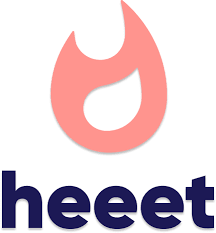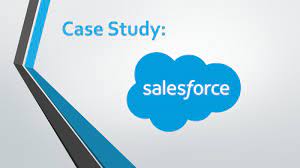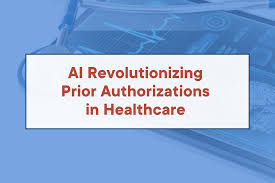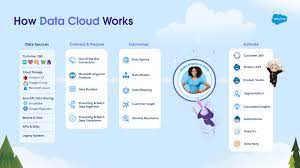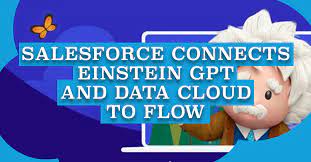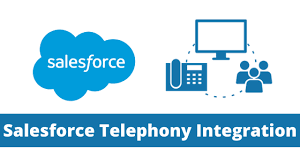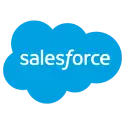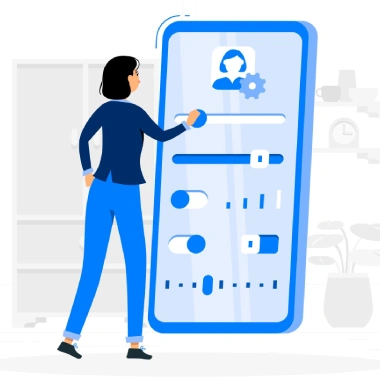Campaign Influence in Salesforce with Customization
There are various marketing attribution models available to measure how different digital touchpoints influence revenue, including First Touch, Last Touch, Linear, and U Shape. Campaign Influence in Salesforce with Customization options from Heeet are worth looking into. Heeet enables you to easily configure revenue attribution calculations to suit your needs. Let’s consider an example user journey: With Heeet integrated into Salesforce, you gain valuable insights: When this lead converts into a $10,000 opportunity, Heeet allocates revenue accordingly. You can view campaign performances within Salesforce, including costs, CPC, and influenced revenue. Campaign Influence in Salesforce with Customization. Heeet also offers comprehensive reports and dashboards to consolidate all your marketing metrics directly within Salesforce. Implement advanced revenue attribution effortlessly with Heeet. Track Campaign Influence in Salesforce with Heeet. Multitouch Attribution, Campaigns ROI, Acquisition Costs, SEO & Content Engagement, GA4 integration, Paid Platforms sync.Regardless if you’re using Hubspot, Pardot or any other form software, Heeet processes your acquisition & content engagement data to automate all your marketing KPIs in Salesforce. Trully see how each digital channels, campaigns & keywords contribute to your revenue. Heeet advanced digital influence feature enables you to have a clear understanding on: Digital channels, campaigns and keyword impact: measure how each channels (SEO, SEA, Social Ads, Social Organic,…), campaigns and keywords are contributing to your lead acquisition and revenue. Enhanced Campaign ROI: identify all opportunities that have been influenced by your campaigns to really measure their effectiveness and show their true ROI. Like1 Related Posts Salesforce OEM AppExchange Expanding its reach beyond CRM, Salesforce.com has launched a new service called AppExchange OEM Edition, aimed at non-CRM service providers. Read more The Salesforce Story In Marc Benioff’s own words How did salesforce.com grow from a start up in a rented apartment into the world’s Read more Salesforce Jigsaw Salesforce.com, a prominent figure in cloud computing, has finalized a deal to acquire Jigsaw, a wiki-style business contact database, for Read more Health Cloud Brings Healthcare Transformation Following swiftly after last week’s successful launch of Financial Services Cloud, Salesforce has announced the second installment in its series Read more

